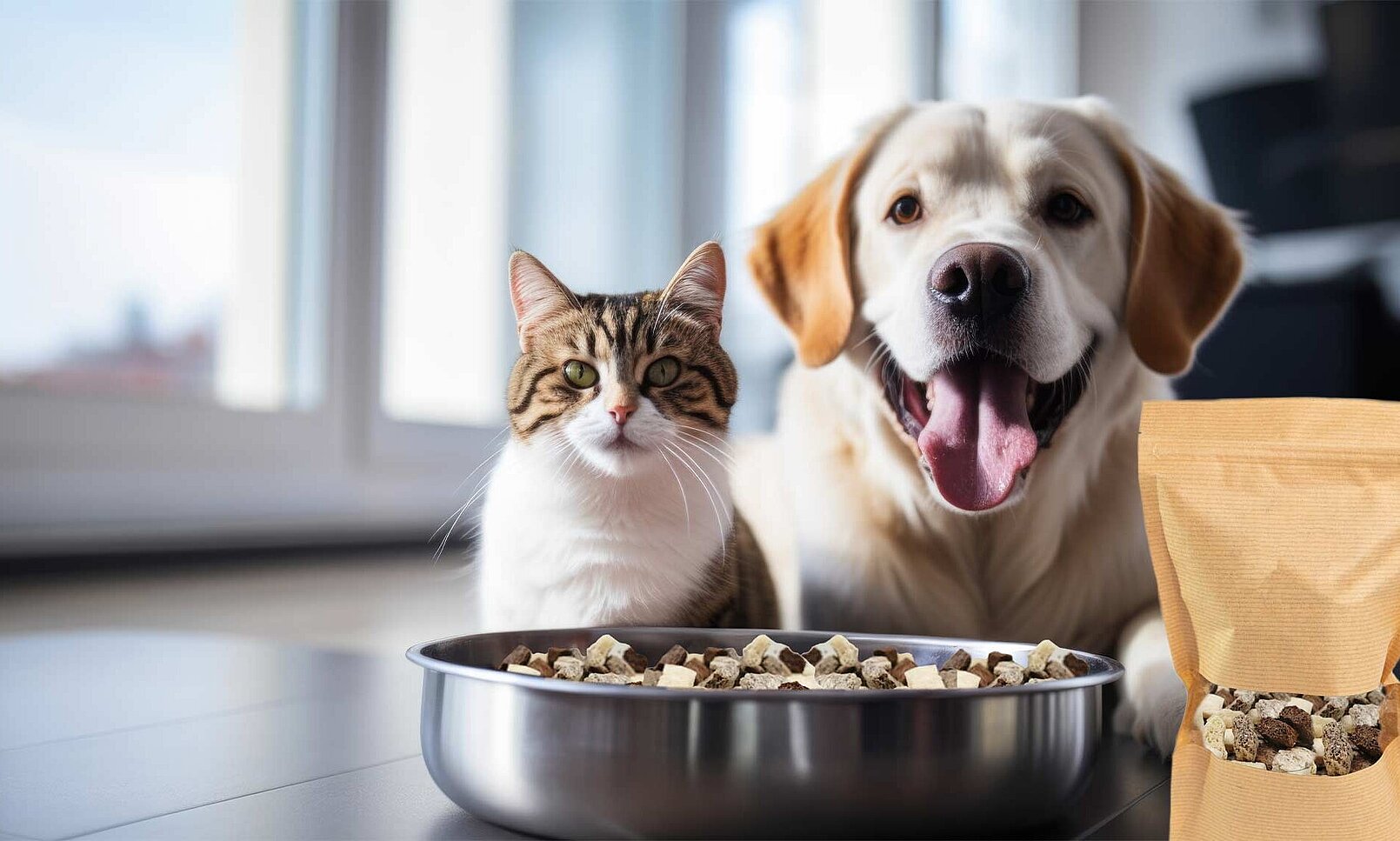Rise by Six: Your Daily Dose of Inspiration
Explore insights and stories that elevate your day.
Is Your Pet's Dinner a Health Hazard?
Is your pet's dinner putting their health at risk? Discover shocking truths that every pet owner should know!
Top Ingredients to Avoid in Your Pet's Food for Optimal Health
When it comes to ensuring your pet's optimal health, it's essential to be mindful of the ingredients in their food. Many commercial pet foods contain harmful additives that can negatively impact your pet's well-being. Here are some top ingredients to avoid:
- Artificial Preservatives: These chemicals, often listed as BHA, BHT, or ethoxyquin, can have adverse effects on your pet's health, leading to chronic conditions over time.
- Fillers: Ingredients like corn, soy, and wheat are often used as cheap fillers that provide little nutritional value and may cause allergies in some pets.
Furthermore, certain animal by-products and unidentified meat sources can compromise the quality of your pet's diet. Instead of providing essential nutrients, these ingredients can be a source of toxins and poor health. Always look for foods that list specific meat sources and whole ingredients. Prioritizing your pet's nutrition not only promotes good health but also enhances their quality of life. Understanding what to avoid in your pet's food is a crucial step toward responsible pet ownership.

Is Your Pet's Food Making Them Sick? Common Red Flags to Watch For
Your pet's health is paramount, and one crucial factor that can significantly impact their well-being is their diet. Is your pet's food making them sick? It's a question every pet owner should consider seriously. Common red flags that may indicate an adverse reaction to their food include persistent vomiting, diarrhea, or unusual lethargy. If your pet frequently exhibits these symptoms, it’s essential to take note and investigate further. Changes in behavior, like refusing to eat, or showing disinterest in activities they once enjoyed, can also signify that their food is not agreeing with them.
Beyond digestive issues, other alarming signs can help you assess your pet's food quality. Look out for skin irritations, such as rashes or excessive itching, which could indicate allergies or food sensitivities. Additionally, keep a close eye on their coat; a dull or greasy fur coat is often a sign of nutritional deficiencies. If you notice these symptoms, consider switching to a higher-quality diet or consulting your veterinarian for a tailored dietary plan. Monitoring your pet's reactions to their food is essential in ensuring they live a happy and healthy life.
The Truth About Pet Food Labels: What Every Owner Should Know
When it comes to choosing the right food for our furry friends, pet food labels can be both informative and confusing. One of the first things every pet owner should understand is the significance of the ingredient list. Ingredients are typically listed in descending order by weight, which means the first few ingredients make up the bulk of the product. Look for high-quality protein sources like chicken or beef at the top of the list, rather than vague terms like 'meat by-products' or 'grain by-products'. Understanding these terms can greatly impact your pet's health and nutrition.
Additionally, pet food labels include vital information about the nutrient content and any associated claims. Beware of misleading terms such as 'natural,' 'holistic,' or 'organic'; while these words may sound appealing, they often lack any regulatory definition in pet food. It's essential to check for certifications and AAFCO (Association of American Feed Control Officials) statements to ensure the food meets minimum nutritional standards. Remember, a well-informed pet owner can make choices that contribute positively to their pet's overall well-being, so take the time to read those pet food labels carefully.